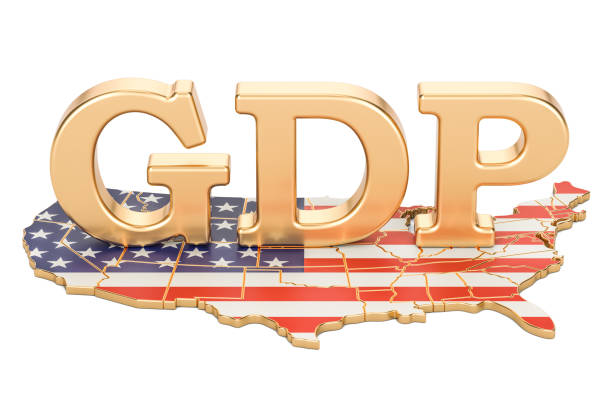Joe Biden threw in the towel and announced that he quits the presidential race this weekend. He endorsed Vice President Kamara Harris to take his place. Harris said that she will do anything in her power to beat Trump, she got the support from Bill and Hillary Clinton while Trump said that Harris will be an easier bite for him than Biden himself. Even though Biden’s goodbye reshuffled the cards for the November election, it didn’t materially change the expected outcome… yet. We don’t know if Harris could secure her party’s nomination and gather enough momentum in the polls to beat Trump. The early polls show that Harris is a favourite to become the new Democrat nominee, but that Donald Trump is still expected to win the November’s presidential election. The Trump trade could lose some steam but will probably not get reversed if Harris doesn’t make a material difference in the polls quickly.
The latter expectation was reflected with a brief post-announcement selloff and a rebound in Bitcoin. The US dollar is slightly softer across the board. Stock futures in Europe and the US are in the green while the Treasuries show muted reaction with small gains at the beginning of a new week, after a cyberattack – the largest IT shortage of the world history – came on Friday as a cherry on top of a week marked by increasing worries about the AI spending and worsening global trade relations in case of a Trump victory.
While Friday’s digital worldwide chaos was not a hack – on the contrary was caused by an update from a cybersecurity firm called CrowdStrike that triggered an 11% selloff of its shares – it sure showed to what extent many IT systems around the world are concentrated in the hands of a few providers and how seriously world-wide activity could be paralyzed in case of a hack. Although the Friday’s attack came as a threat to CrowdStrike’s reputation, it boosted the price of competitor stocks like Palo Alto Networks and SentinelOne.
But the week started looking unappetizing in Asia. Equities in Australia and China fell despite a surprise rate cut announcement from the People’s Bank of China (PBoC). The PBoC pulled its rates to new record lows to boost economic growth and give support to the troubled property sector. Xi Jinping revealed plans to improve the finances of the highly indebted local governments. But in vain. Last week’s communist party meeting in China didn’t bring big changes to the policy. There was no news of fresh stimulus. Consequently, investors didn’t want to extend exposure to Chinese equities this Monday. The CSI 300 is being offered near the 50-DMA, erasing a part of last week’s losses that were built on hope that we would hear fresh stimulus measures to make a difference.
The week also started on a meagre note for the technology stocks in Taiwan. TSM kicked off the week with a 3% fall after last week erased more than 3.5% from the technology-heavy Nasdaq stocks in the US. The S&P500 fell nearly 2% over the week, while the Russell 2000 printed a 1.50% advance despite erasing more of the earlier gains on Friday.
The week ahead
This week, the economic calendar will be light in the US. On Thursday, the US will reveal its latest GDP update, expected to show a rebound to 1.9% in the Q2 from 1.4% printed in Q1. Then, the core PCE index, the Federal Reserve’s (Fed) favourite gauge of inflation, will tell on Friday whether the price pressures further eased as the economic growth slightly improved. A better growth combined to softer inflation would be the best possible outcome for the Fed and the Fedwatchers as it would mean that the Fed is getting closer to abating inflation without sending the US economy into recession. That should echo positively across stock and bond markets and could potentially slow a tech-led selloff in major indices. But the earnings will certainly matter more this week than the economic data. Two of the 7 Magnificent Seven companies in the US are due to report their Q2 earnings this week. Both Tesla and Google will reveal how well they did in the Q2.
Inside AI
Google’s earnings will be crucial for interpreting the future of AI. Recall that last earnings season, the focus was on whether the significant AI spending by Big Tech companies—which benefited AI tool providers like semiconductor and data center companies—would start bearing fruit for data-rich companies like Google and Meta, potentially shifting the AI rally from AI tool providers to those heavily investing in AI. The answer was no. On the contrary, Meta announced it needed to increase its AI spending to reach profitability. This earnings season, we will again look for any positive impact of substantial AI investments on big data holders like Google and Meta. We’ll assess if the concerns about the profitability of huge AI investments are valid. Given the uncertainty, Big Tech earnings could either lead to further profit-taking or slow down the bleeding. The risk this quarter is that even outstanding results from companies like Nvidia may not sustain AI euphoria if those heavily invested in AI tools can’t demonstrate to their investors that these investments are worthwhile.
